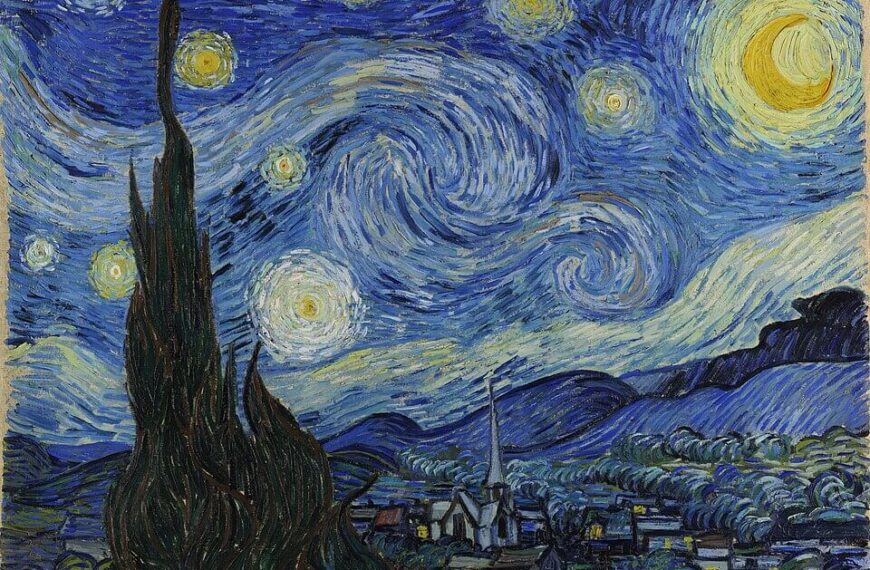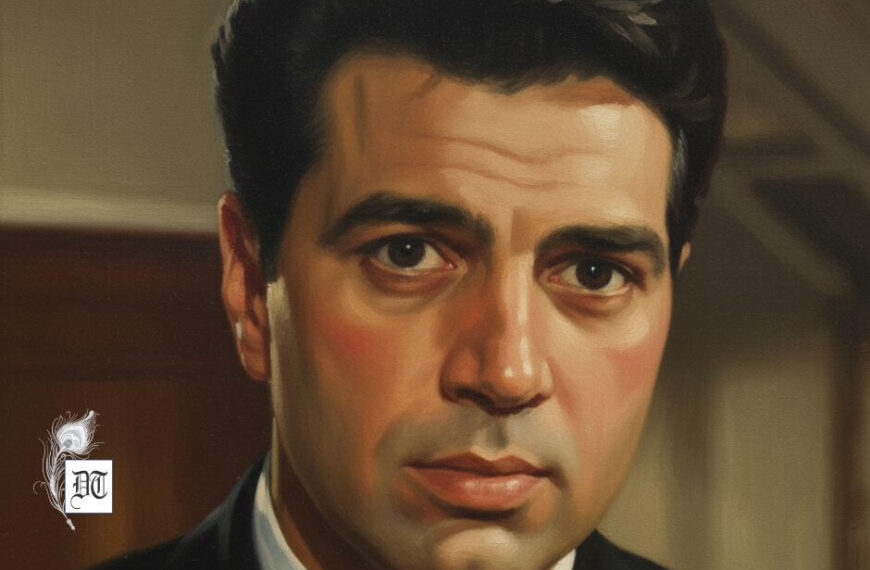Lenin writes an open letter to the heads of Germany, Sweden and Denmark for providing Testimonial Therapy (TT) to the refugees. The author profiles the 2014-15 Roland Berger Human Dignity Award winners, a lawyer and director of the Jesuit Refugee Service in Malta Dr. Katrine Camilleri, the Eritrean-Italian human rights activist Dr. Alganesc Fessaha, and the Congolese school project, Petite Flamme. Here are some positive stories about exemplary persons, who worked against all odds. This is a part of the special feature of Different Truths on World Refugee Day (WRD).
A refugee is someone who has been forced to flee his or her country because of persecution, war, or violence. A refugee has a well-founded fear of persecution for reasons of race, religion, nationality, political opinion or membership in a particular social group. Most likely, they cannot return home or are afraid to do so. War and ethnic, tribal and religious violence are leading causes of refugees fleeing their countries.
In 2014, the number of refugees rose to 14.4 million. A further 5.1 million registered refugees, are cared for those in some 60 camps, across the Middle East, run by the United Nations Relief and Works Agency for Palestine Refugees in the Near East (UNRWA). These were set up in 1949 to care for displaced Palestinians.
The protection of refugees has many aspects. These include safety from being returned to danger, access to fair and efficient asylum procedures, and measures to ensure that their basic human rights are respected while they secure a longer-term solution. UNHCR works around the clock to accomplish all of this, but we can’t do it alone.
War has been raging in Syria for years. The situation is especially bad for the children. The school system has collapsed. Their prospects are bleak. Swiss aid organisation Ash-Sham Care is doing its best to give the children of Syria an outlook for the future. They are experiencing their childhood in the midst of war. They have grown up with bombing, fighting and besiegement. Many Syrian children cannot remember a life in anything but a state of emergency. Civil war has been raging in their country for five years. That’s how long they’ve not been able to go to school properly, haven’t had regular meals, often don’t even have a home. The children of Syria, more than two million of them, have been called a “lost generation”. A generation growing up with a complete lack of safety and education, trapped in a cycle of misery and violence.
The aid workers from Swiss non-profit organisation Ash-Sham Care don’t want to give up on the children of Syria. They are doing all they can to make the lives of young Syrians little bit better. “The reports about Syria that we see on TV in the West are all about the bombings or crimes committed by the terrorist organization ARE”, said Oscar Bergamin, the aid organisation’s founder. “But there are whole regions that were previously desolated by the turmoil of war but where there is seldom or never any fighting now.” And it is in these areas where Ash-Sham Care aid workers are building playgrounds. The town of Maarat an-Numan in Idlib province now has one such playground, a little place where children can play in the sandpit or swing on the swings. They can find something to take their minds off their worries – at least for a brief moment.
Lack of education is another problem Ash-Sham Care is trying to tackle it. Aid workers have installed four brightly coloured school porta-cabins in the Bab al-Salam refugee camp in the province of Aleppo. Two women, Elsbeth de Jager and Esther van der Ham, who work for Ash-Sham Care, have written a children’s book that’s being handed out to the young Syrians here. The book is called “Jamil & Jamila” and it’s about two Syrian refugee children. It’s a book for reading, for colouring in and for dreaming. “The children can identify with the characters Jamil and Jamila, who live in a refugee camp”, explained Oscar Bergamin. “That has an immensely positive effect in helping them deal with the emotional stress they’re under.”
The Ash-Sham Care aid workers know that their help is not enough. The four school porta-cabins alone are totally insufficient, the Bab al-Salam refugee camp being home to 5,200 school-age children. The workers are also keen to build far more playgrounds. But the cost of a playground is between 3,000 and 4,000 euros. The work of Ash-Sham Care is funded by donations. It usually takes a while to get enough money together for a playground.
Even though their projects can only combat a small part of the misery, the Ash-Sham Care aid workers are confident they’re doing the right thing. “You can’t just leave a country like Syria to be bled dry”, said Oscar Bergamin. He is seeing more and more aid organisations pulling out of Syria. Most Syrian academics and skilled specialists have long fled to Europe.
Those that have been left behind are mostly unable to do anything else. They are disappointed and frustrated. They feel let down – by their fellow countrymen, but also by the Western world, which keeping its financial aid back until such time as the war eventually ends. Oscar Bergamin doesn’t believe the people can wait that long. The Syrians urgently need help to survive right now. “Schooling and power and water supplies need to be ensured at the very least,” said Oscar Bergamin. “The risk of a bombing destroying any repairs that have been painstakingly made is always going to be there. But that doesn’t mean we can leave the Syrians alone in their hour of need.”
The 2014-15 Roland Berger Human Dignity Award was presented to Dr. Katrine Camilleri, a lawyer and director of the Jesuit Refugee Service in Malta, for her longstanding and successful commitment to refugee rights. For almost two decades, she has provided legal advice and moral support to thousands of boat people, who survived the dangerous journey across the Mediterranean and made it to the island of Malta, where they are temporarily kept in administrative detention centres. Dr. Camilleri has headed the Malta office of the international Jesuit Refugee Service, since 2011. In 2002, the organisation was the first to offer regular legal assistance to refugees in Malta’s detention centers. Since then, Dr. Camilleri and her staff of 18 have supported thousands of refugees, giving them legal advice, organising visits, providing psychological support and facilitating access to healthcare.
Another award winner is the Eritrean-Italian human rights activist Dr. Alganesc Fessaha, who provides humanitarian assistance to African refugees in North Africa, frees refugees from the clutches of human traffickers, and draws the world’s attention to the plight of refugees, who suffer terrible maltreatment at the hands of people smugglers in Egypt’s Sinai desert and in Libya. Dr. Fessaha travels regularly to the Sinai and Libya, where, at great personal risk and with the help of local power brokers, she tracks down kidnapped victims, gets them released from torture chambers without paying a ransom, and hands them over to the UNHCR or other refugee organisations. In the past five years, Dr. Fessaha has managed to free 550 refugees from the hands of traffickers and 2,300 from government prisons in the Sinai. In a bid to render humanitarian aid to torture survivors and other refugees’ long term, Dr. Fessaha got together with other medics and friends to found the NGO, Gandhi, in 2003, which looks after refugees and orphans in 12 North African countries and establishes feeding and healthcare programs in refugee camps.
The Congolese school project, Petite Flamme, headed by Dada Adeline Diambu Mbinda and Odon Makela Dhombazi Basosa, received the award in recognition of its longstanding and successful efforts to provide future prospects to children from the slums of the Democratic Republic of the Congo – reducing the incentives for them to leave their homeland and become refugees. Petite Flamme was founded by the Christian Focolare Movement (a Catholic community that grew up in Italy in the first half of the 20th century), in Kinshasa, in 1996, under the leadership of German theologian Dr. Monika-Maria Wolff, and now runs 12 schools for 2,200 children from desperately poor families. Petite Flamme is the only school organisation in the Democratic Republic of the Congo, where children get schooling, school uniforms, food and healthcare.
The award also paid tribute to the outstanding work of founder Dr. Monika-Maria Wolff and that of retired Rear Admiral Henning Bess and his wife Jule Müller, who have been supervising the ongoing support for the project, from Germany, since 2006. As the leader of the German contingent of the EUFOR mission providing security for the first democratic elections in the Congo in 2006, Henning Bess visited Petite Flamme schools with his 780 German troops. Many of the soldiers began to sponsor children straight away and still sponsor them to this day.
Founder Prof. Dr. h.c. Roland Berger commented on the selection of last year’s award winners: “The topic is undoubtedly one of the most pressing problems of our times: last year alone, tragic boat accidents in the Mediterranean claimed 3,500 lives. According to the United Nations Refugee Agency, almost 51.2 million people worldwide are currently fleeing unbearable situations. Many of them are trying to get to Europe and Germany. With this year’s Roland Berger Human Dignity Award we are paying tribute to the extraordinary dedication of two courageous women, who campaign tirelessly for the protection of refugee rights, and we are honoring an organisation providing education and healthcare to children in one of the world’s poorest regions in an effort to give them better prospects for a future in their homeland and stop them from ever needing to flee.”
The award ceremony was held on April 29, 2015, in Berlin. Germany’s Foreign Minister Frank-Walter Steinmeier delivered the laudatory speech; the former President of the European Commission Prof. Dr. Romano Prodi, member of the Awards Committee of the Roland Berger Foundation, and founder Prof. Dr. h.c. Roland Berger awarded the accolades.
PVCHR writes open letters to the heads of Germany, Sweden and Denmark to provide psycho social support through element of active listening and empathy of Testimonial Therapy, a brief narrative therapy.
https://www.youtube.com/watch?v=V_6tyrY35eQ&feature=youtu.be
©Lenin Raghuvanshi
Pix sourced by Roland Berger Human Dignity Foundation,Germany




 By
By
 By
By
 By
By